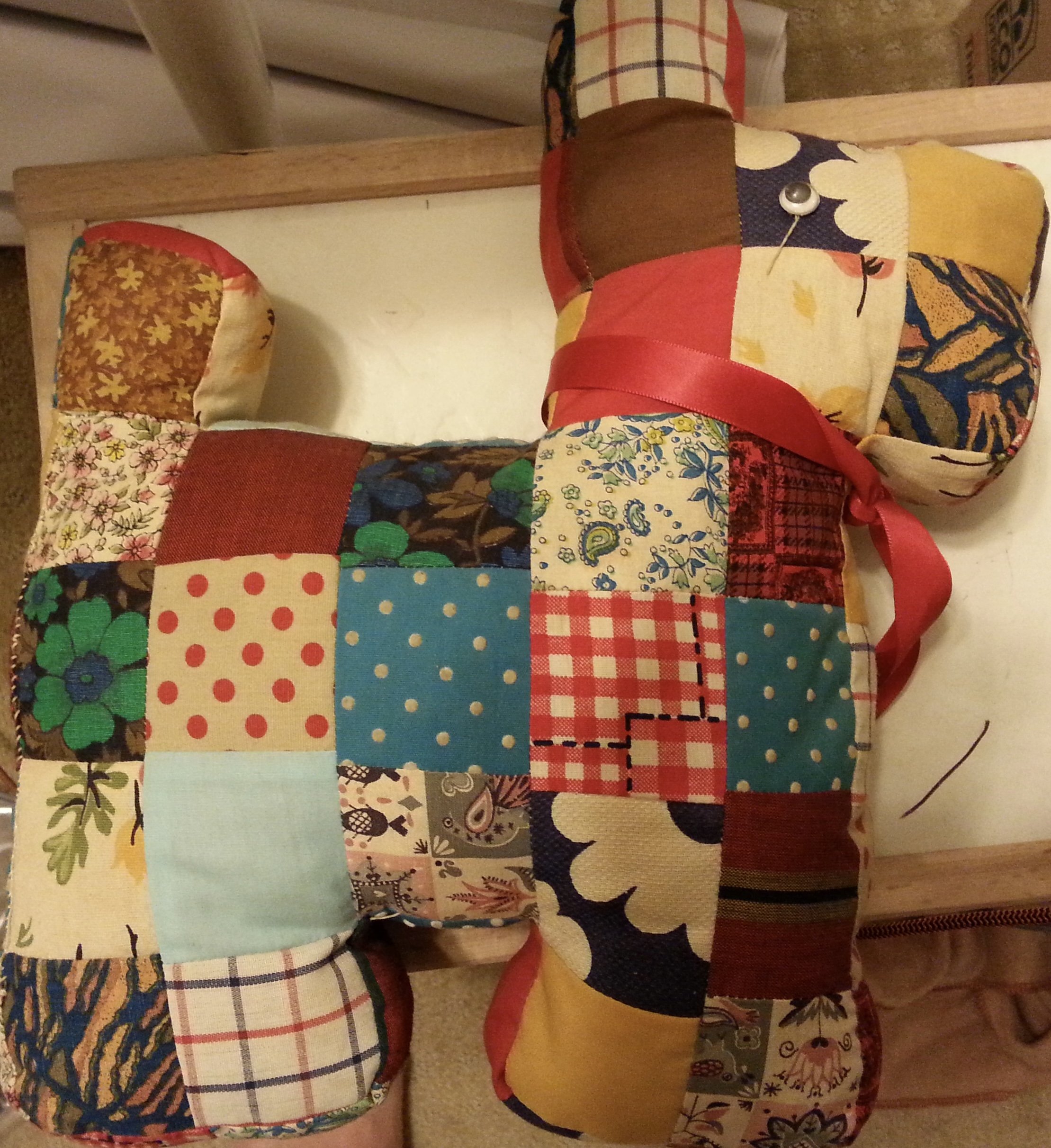The journal River Heron Review is providing prompts every day for April. You can go to the website and check out each day’s prompt or sign up for the prompt to be emailed to you, https://www.riverheronreview.com/prompt-a-day-2025.
This is a great writing exercise whether or not you create a poem or short story with it.
Rather than a childhood door, imagine what these doors close off or open to and where they could lead for your poem’s speaker or a character.
Bonus prompt: Some doors remain in spite of time and suffering.
Bonus prompt: Some doors cause suffering or perhaps prevent it. What is imprisoned behind this door and would you free them/it?
Bonus prompt: Some doors themselves are art and feel open even when closed.
Bonus prompt: Some doors are full of air and light, and the doors provide not barrier to anyone.
Bonus prompt: Some doors lead to flaking stone below a spiraling staircase and the unseen door to a tower. Where will you go first?
Bonus prompt: Which door do you or will your character choose (which twin from The Shining stands behind it)?
Bonus prompt: Some doors lead to a sliding closet door, for storage, for skeletons, for self. What do you hide behind a door?
Bonus prompt: Some doors open for everyone.
Bonus prompt: Some doors lead to a Memorial Hall privately owned and lived and locked.
Have fun opening a door to writing a new or remembered world! Good luck!




























































